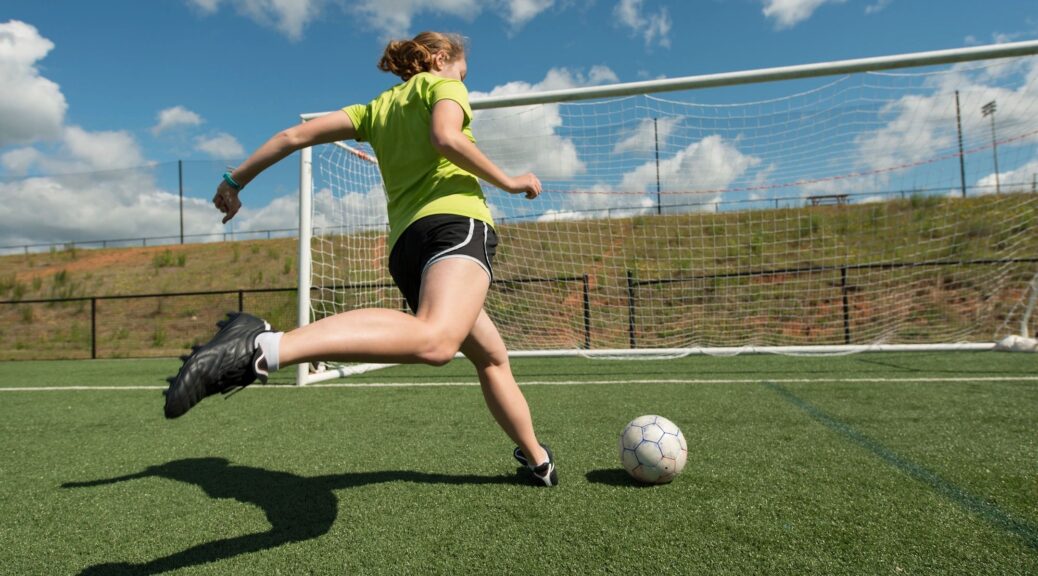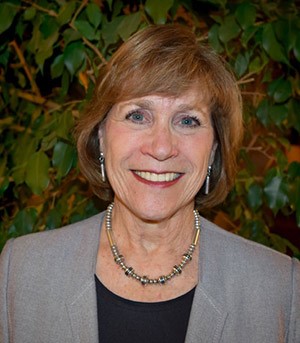Results of the ¡Caminemos Juntas! Project
Klein Buendel researchers and collaborators from Stanford University have completed an SBIR Phase I and II project to develop and evaluate the effectiveness of the first smartphone app to use geo-location technology dedicated to walking with a social emphasis for exercise and quality of life for Latinas.
Health disparities are high among Latinas. They are more likely to be overweight, diagnosed with diabetes, and physically inactive compared to their non-Hispanic White counterparts. Despite numerous interventions designed to increase physical activity, few are specifically tailored to Latinas. Thus, this project developed ¡Caminemos Juntas!, a smartphone app that uses location-based services to connect Latinas with one another in order to improve walking habits by increasing social support and decreasing perceived barriers.
Available data suggest that community-focused interventions produce improvements in physical activity and are well-received by Latinas, especially when social and physical environments, such as social support and safe walking areas, are considered. Research suggests that Latinas respond favorably to technological-based health interventions. Thus, health promotion interventions that can address Latinas’ preferences regarding their physical and social environments while utilizing a preferred technology source have the potential to be very effective.
Phase I Project
In the Phase I project, formative research was conducted to guide development of a prototype smartphone app for the target population. Specifically, the research and development team:
(1) gathered feedback from an Expert Advisory Board to help plan and assess the feasibility of creating the app;
(2) built connections and gathered input from Latina community leaders to assist in the conceptual development of the app through a Community Advisory Board;
(3) conducted an online survey of a national sample of Latinas on their smartphone usage for health promotion, and interest in social networking and location-based technology features;
(4) conducted iterative focus groups with Latinas to guide development of app content, design, and aesthetics to fully develop a functioning prototype;
(5) conducted field usability testing with Latinas to test the app’s accuracy to establish users’ location and connect users through the ¡Caminemos Juntas! system and users’ use and satisfaction with the app; and
(6) developed a specifications document to outline the Phase II development and programming plan.
The results of the Phase I study revealed that 22.5% of Latina participants never or rarely exercised, 73.5% accessed social networking sites daily with an average of 8 times a day, and 43.9% used location-based technology every day. Ease of use (82%), informationally accurate (79.2%), and reliability (84.7%) were app features rated as highly important. Over 63% reported high likelihood of using a social networking app to connect to others with the intentions of being physically active, and 67.4% reported that this type of app would be very helpful. Focus groups showed that the app was appealing, also.
Phase II Project
In the Phase II project, the ¡Caminemos Juntas! app was fully developed and evaluated in a randomized comparative-effectiveness trial with Latinas in San Jose, CA and Denver, CO. The location-based features of the app allowed Latinas to determine a safe place to meet for a walk, connect with other users nearby, and be notified if there was an available walk in the user’s vicinity. Specifically, the research and development team:
(1) developed a full-scale, fully programmed ¡Caminemos Juntas! app;
(2) determined whether the ¡Caminemos Juntas! app can be translated and adapted to a new community environment;
(3) tested the performance, usage, and usability of the full-scale, fully-programmed app; and
(4) evaluated whether ¡Caminemos Juntas! increases physical activity, social support for exercise, and quality of life in Latinas as compared to a control app.
The ¡Caminemos Juntas! app (intervention group; n=38) was compared to use of the World Walking App (control group; n=40). Women ages 18 to 67 who identified as Hispanic or Latina were eligible to participate. Recruitment, retention, and implementation were hindered significantly by the onset of the COVID-19 pandemic. The intervention was set to launch in the spring of 2020. Recruitment was delayed and when it was determined that the pandemic would be a long-term hinderance, changes were made to the app to allow participants to complete virtual walks instead of in-person. Eighty-eight percent (88%) of participants (n=69) completed measures at 4 weeks and ninety-seven percent (97%) of participants (n=76) completed measures at 8 weeks.
The primary outcome measure was change in physical activity at 4 and 8 weeks using the Community Healthy Activities Model Program for Seniors (CHAMPS) questionnaire. The CHAMPS is a 41-item questionnaire that measures self-reported minutes-per-week of physical activity calculated as total weekly caloric expenditure for all physical activity. It was developed for underactive populations and validated among older adults. The CHAMPS asks about activities undertaken for exercise, daily activities that are physical in nature, and physically active recreational activities during a typical week in the past 4 or 8 weeks. Each question has six answer options that range from “Less than 1 hour” to “9 or more hours.” At the 8-week follow-up, participants in ¡Caminemos Juntas! reported 5.2 hours per week of moderate-intensity exercise related activities per week compared to 4.3 hours in the control group, though this result is not statistically significant.
Participants in the intervention group reported living in more walkable (35.3% of intervention participants rated their sidewalks very well maintained compared to 17.7% of control participants (p=0.04) and safer neighborhoods (63.6% of participants in the intervention rated the public recreation facilities in their neighborhood as very safe compared to 31.6% in the control (p=0.03). However, ¡Caminemos Juntas! users reported significantly lower street connectivity than the control group.
Overall, the ¡Caminemos Juntas! app was found to have the potential to impact Latinas’ health by providing them with real-time opportunities to connect socially with the goal of walking. Interventions that target improving health access and ameliorating chronic diseases among Latinas are of high public health importance.
This research was supported by a grant from the National Institute on Minority Health and Health Disparities (MD009652; Dr. Valerie Myers, former Klein Buendel Senior Scientist) at the National Institutes of Health. Dr. Myers’ primary collaborator was Dr. Abby King from Stanford University.










